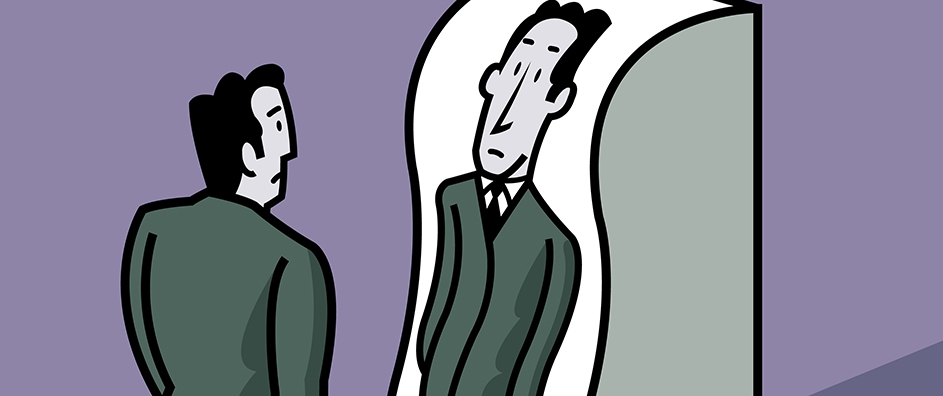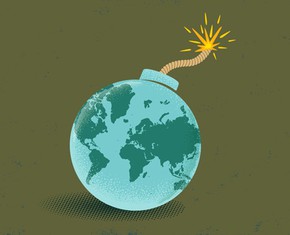The views expressed in our content reflect individual perspectives and do not represent the authoritative views of the Baha'i Faith.
What’s the difference between two people who both want to do a good deed—like making a big money donation to a charity—but one wants his name recognized as a donor, and the other doesn’t?
Is there a difference between these two good-deed doers? After all, they did the same good deed.
The Baha’i teachings say that we should all carefully strive that all of our deeds be “cleansed from the dust of self and hypocrisy.” In the Hidden Words Baha’u’llah wrote:
O Children of Adam! Holy words and pure and goodly deeds ascend unto the heaven of celestial glory. Strive that your deeds may be cleansed from the dust of self and hypocrisy and find favor at the court of glory; for ere long the assayers of mankind shall, in the holy presence of the Adored One, accept naught but absolute virtue and deeds of stainless purity. This is the daystar of wisdom and of divine mystery that hath shone above the horizon of the divine will. Blessed are they that turn thereunto. – p. 46.
 Wow!!! From a spiritual perspective a big difference might exist between these two people.
Wow!!! From a spiritual perspective a big difference might exist between these two people.
From a Baha’i perspective, our pure intention makes a good deed acceptable to God, not the action itself. So if your motives are based on your ego, and on recognition by society, then the ultimate spiritual effect might not be as powerful.
As Baha’is, we learn that humility and self-effacement have a vital part to play in our spiritual growth. In this world, though, it’s not easy to practice humility. I remember when I started going to job interviews after graduating and I didn’t get a job. In the aftermath I learned that I had not “praised” my skills and accomplishments enough—that I hadn’t “tooted my own horn” sufficiently. I just felt uncomfortable bragging about my accomplishments, I realized. Especially in Western cultures, you usually need to be able to show off your skills and knowledge if you want to have a successful career.
So in the face of those kinds of cultural and professional pressures, how do we stay humble and fight our egos? How do we avoid the pitfalls of the ego? The Baha’i teachings say we should avoid:
…The love of self, which if directed to the ego will deprive man of all true development, but if the love of self is a realization that one is a creature of God and must therefore attain to the station appointed for him, this love will be an uplifting one. – Abdu’l-Baha, quoted in A Brief Account of My Visit to Acca, p. 38.
We have to navigate and find the balance between our internal purity of intention, but also understand when humility can be counter-productive such as in an interview for a job.
I have personally experienced, whenever I undertook an endeavor with pure motives that required self-sacrifice, that I saw amazing results and confirmations. But whenever I had the slightest form of egoistic expectations deep down, things did not turn out right.
Let’s all do this challenge and examine our motives in all our actions. Once you start thinking about why you do things, and examining your own motivations for doing them, you may be in for some unexpected surprises.
You May Also Like
Comments

















Prayer, putting one’s trust in God and relying on God’s will may ultimately be the best provision for life’s journey.
phenomenon. Thank you for this article; it helps us to reflect on our intentions in this situation and many more. Ya Baha'u'l-Abha!